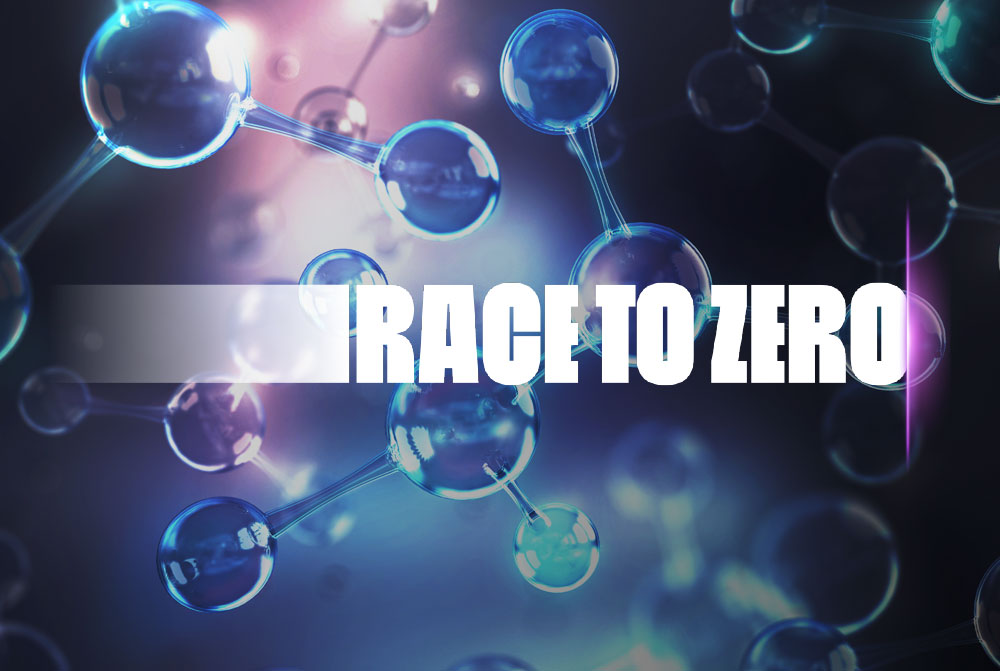Zero-Carbon Transition – Latest signals of change (01.04.21)
We Mean Business coalition
Here are just some of the signals of change from the past week, demonstrating the transition to a resilient and inclusive zero-carbon future is accelerating.
Zero-Carbon Economy
The US introduced a new $2tn infrastructure plan that aims to allow “transformational progress in our ability to tackle climate change” by supporting clean energy, EVs and homes resilient to climate threats. The UK has announced 30 companies in the FTSE 100 index have signed up to the Race to Zero campaign and plans to expand its campaign to SMEs. COP26 President Alok Sharma has called on all businesses to join the Race to Zero, ahead of the G7 Business Summit in May. Two-thirds of economists say the benefits of reaching net zero by 2050 outweigh the costs. The Vanguard Group and BlackRock – the world’s two largest asset managers – pledged to achieve net zero across their investment portfolio by 2050. Reinsurance company Swiss Re committed to net-zero emissions by 2050 with an interim reduction target of 35% by 2025 for its investment portfolio. And UN deputy secretary general Amina Mohammed urged the G7 countries to double their financial support to poor countries to help them cut GHG emissions and cope with the impacts of climate breakdown.
Zero-Carbon Power
The Climate Group’s RE100 initiative welcomed five new joiners, including French food services company Sodexo and Japanese construction company Tokyu Construction. Coal now accounts for just 1.7% of all electricity generated in the UK. Japan is “considering ending support for the exportation of coal-fired power plants”. Fossil fuel shares dropped by almost 20% since 2012, while equity from clean-energy companies gained ground. Oil trader Gunvor will invest at least $500m in renewables over the next three years as it prepares for a shift in the world’s energy mix. The first floating windfarm – in operation in the North Sea for the past three years – has broken world records for maximum output. The US will deploy 30,000 megawatts of wind turbines by 2030, enough to power 10m homes in a plan that will create 44,000 new jobs. A $42.8bn wind farm to be built over the next decade off the southwest coast of South Korea will contribute to the country’s 2050 net zero ambition, while Norway presses ahead with offshore wind power to spur the oil and gas industry transition. And new global solar photovoltaic installations are expected to increase by 27% to record 181 gigawatts this year.
Zero-Carbon Transport
German logistics company Reinert Logistic committed to set science-based targets. US car maker Ford Motor Company, Mexican auto part manufacturer Nemak, S.A.B. de C.V. had theirs approved. Daimler will accelerate its shift to EVs, aiming hybrid or all-electric cars to make up more than 50% of its car sales sooner than their previously announced 2030 target. The US $2tn infrastructure plan includes $174bn for the EV market – with incentives to rollout 500,000 EV chargers by 2030, electrify at least 20% of the nation’s school bus fleet and replace 50,000 diesel vehicles with EVs – while also including funding for the country’s transportation network to expand access to bus and train service, “with the aim of reducing road congestion and driving down greenhouse gas emissions”. And choosing a bike over a car just once a day reduces an average citizen’s carbon emissions from transport by 67%, new research shows.
Zero-Carbon Built Environment & Heavy Industry
German copper manufacturer Wieland Group, Canadian engineering company WSP Global, UK construction company Story Contracting and Colombian construction company Odinsa all joined the Business Ambition for 1.5°C campaign. Norwegian chemical company Yara International ASA and Indian cement company J.K. Cement committed to set science-based targets. China is considering a tax overhaul to encourage steel imports and reduce exports in an effort to lower its emissions.
Zero-Carbon Land Use & Nature Based Solutions
UK food packaging company Hilton Food Group joined the Business Ambition for 1.5°C campaign. US Starbucks Coffee Company, Swiss milk processing company Emmi Group and US food manufacturing company Kellogg had their science-based targets approved. BMW, Volvo, Google and Korean battery maker Samsung SDI signed up to a WWF call for a moratorium on deep-sea mining. British farmers are increasing investments in soil health, tree planting, renewable energy generation and energy efficiency to help align their practices with the net zero transition. Netflix has set a target for net zero emissions by 2022 through offsets purchasing and conservation projects funding, such as grassland restoration. And Indonesia and Malaysia were rare bright spots in WRI 2020 Global Forest Review, with forest loss declining from 2019 – marking the fourth year in a row for Indonesia and the first time the country fell out of the top three since the report first came out two decades ago.

